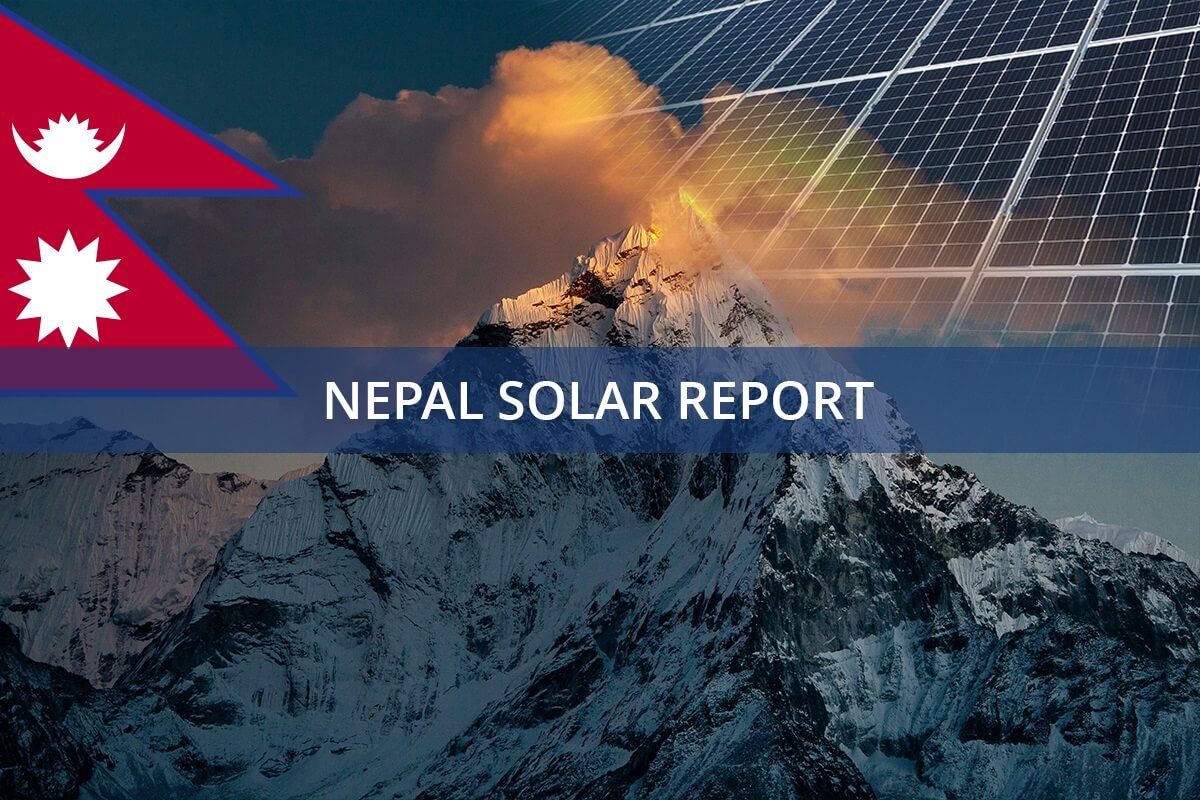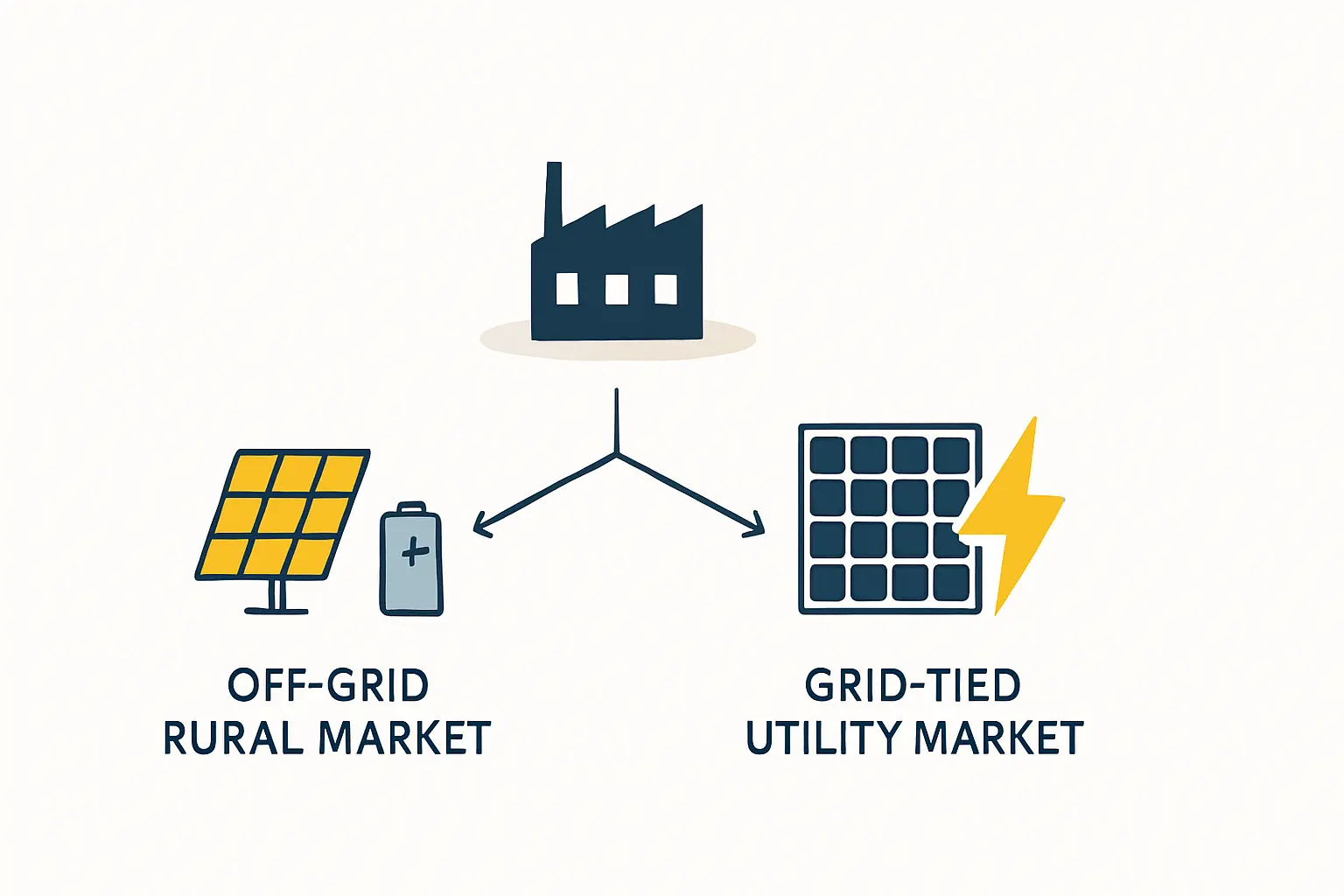Nepal has launched its first solar project eligible for International Renewable Energy Certificates (I-RECs), a 16.5 MW facility in the Nawalparasi district. Developed by Eco Power Development Nepal Private Limited, this initiative signifies a major step forward for Nepal’s renewable energy sector.
Significance of the Nepal solar I-REC Project
This project is a critical milestone for Nepal, a country traditionally reliant on hydropower. By diversifying its energy generation portfolio with solar, Nepal aims to bolster its energy security and reduce dependence on a single source. The I-REC accreditation enables the project to issue 23,000 I-RECs annually, effectively integrating it into global renewable energy markets. I-RECs are internationally recognized certificates validating electricity generation from renewable sources. Businesses can purchase these certificates to demonstrate their commitment to sustainability, thereby driving further investment in renewable energy projects globally and within Nepal.
Future Prospects for Nepal solar I-REC Integration
Nepal’s commitment to diversifying its energy sources is gaining momentum. Several significant solar projects are in development, including a 10MW plant in Butwal, an 8.5MW plant in Simara, and a 25MW plant in Jhapa. These initiatives, alongside the government’s ambitious target of 10,000MW of solar capacity by 2035 (as reported by PVKnowhow), are poised to significantly increase the nation’s solar energy capacity. The Butwal plant will serve the Lumbini Province, the Simara plant the Madhesh Province, and the Jhapa plant Province No. 1. These projects aim to reduce Nepal’s reliance on hydropower, a source susceptible to seasonal variations.
Beyond solar, Nepal is also advancing its biogas sector. A noteworthy example is the 12MW biogas plant in Kathmandu, which will utilize organic waste for electricity generation. This project addresses waste management challenges while contributing to renewable energy targets and reducing greenhouse gas emissions in line with the Paris Agreement.
Ready to make big Profits?
The solar Industry is Booming
WE HELP NEWCOMERS to the solar industry start their own solar module production line. Customers can make BIG PROFITS by selling modules and finding investors, without wasting money and time on things they don't need!
Government Initiatives and Commitment to Nepal solar I-REC
The Nepali government is actively promoting renewable energy through various initiatives. The 2016 Renewable Energy Subsidy Policy offers financial incentives for small-scale solar and wind projects, stimulating private sector involvement. A $20 million World Bank grant further supports this expansion, as highlighted by PVKnowhow. Furthermore, the government has set a target of 25% renewable energy in the national energy mix by 2030. A dedicated Renewable Energy Fund is planned to support renewable energy projects, mitigating investment risks and attracting foreign investment through international partnerships. The World Bank’s $257 million approval for Nepal’s Electricity Grid Modernization and Resilience Project (PVKnowhow) further underscores this commitment. These developments signify a crucial shift towards a sustainable and diversified energy future for Nepal, enhancing energy security and contributing to global climate change mitigation efforts. With continued government support and international collaboration, Nepal is on its way to becoming a regional leader in renewable energy.



